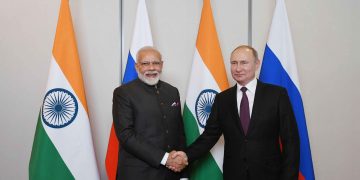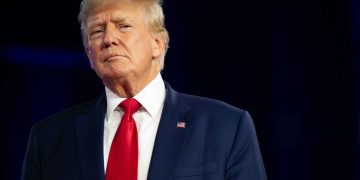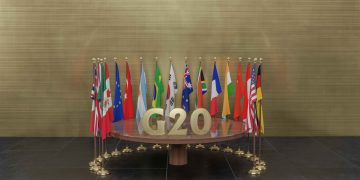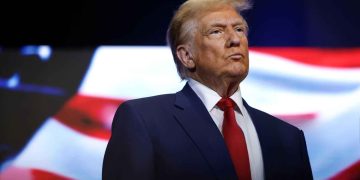The BRICS summit in Russia marks a pivotal moment for the group as President Vladimir Putin uses the event to signal Russia’s resurgence as a global power. With confidence growing in a Russian victory in Ukraine, the summit, hosted in Kazan, aims to project strength and forge new alliances despite ongoing Western isolation efforts. Authorities have taken extensive measures to ensure a polished presentation, including banning electric scooters and restricting alcohol sales in the city center.
The summit is the first held under BRICS’ expanded format, with the original five members—Brazil, Russia, India, China, and South Africa—joined by newcomers Iran, Egypt, Ethiopia, and the United Arab Emirates. Saudi Arabia’s membership is pending formalization. However, not all invited nations are on board; notable absences include Kazakhstan and Saudi Arabia’s Crown Prince Mohammed bin Salman, who opted to send his foreign minister.
Putin’s agenda for BRICS goes beyond economic collaboration, aiming to reshape the global order by challenging U.S. dominance and weakening the power of the dollar, an ambition that aligns closely with China’s goals. “The narrative to the world and the domestic audience is that Russia is not isolated,” said Alexander Gabuev from the Carnegie Russia Eurasia Center. Yet, the group’s expansion introduces new complexities, with some members expressing unease over a growing anti-Western stance.
BRICS’ appeal to many Global South nations lies in disillusionment with past U.S. policies, including the Iraq War and the 2008 financial crisis, and a desire for alternatives to the Western-led order. However, analysts warn that the group risks becoming viewed as an anti-Western bloc, particularly with the inclusion of Iran, which may deter other potential members.
China and Russia’s push for a more confrontational approach toward the West contrasts with the positions of India and Brazil, which seek to reform the global system rather than dismantle it. “We would like more cooperation within BRICS on a positive agenda,” said Kanwal Sibal, a former Indian foreign secretary. India, he noted, is wary of being drawn into an overtly anti-Western alignment, particularly given its reliance on the U.S. for technology and economic growth.
Similarly, South Africa values BRICS for economic opportunities rather than geopolitical alignment against NATO or the EU. “South Africa wants good relations with Moscow, Washington, and Brussels,” explained Professor Zwelethu Jolobe from the University of Cape Town, reflecting the country’s pragmatic approach to foreign policy.
Despite internal differences, BRICS remains an important platform for members seeking greater leverage in global governance. For nations like India, however, the recent expansion complicates their ability to maneuver within the group without being identified with more confrontational partners such as Russia, China, and Iran.
While the Kazan summit may demonstrate Russia’s efforts to show unity among BRICS nations, underlying tensions and divergent priorities indicate that navigating the bloc’s future direction will be no easy task.





















